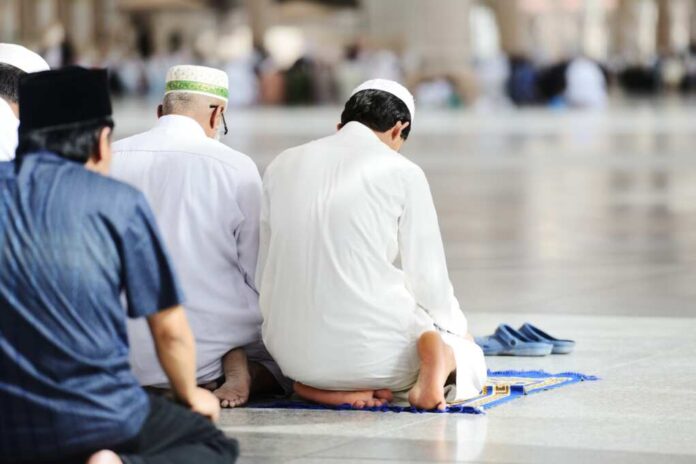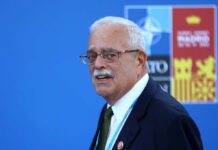
Tareq Al-Suwaidan, a banned Islamist linked to Hamas and the Muslim Brotherhood, is urging Muslims in the West to use their citizenship to drive Islamic political change.
At a Glance
- Kuwaiti cleric Tareq Al-Suwaidan calls for U.S. and U.K. Muslims to vote out leaders opposing Islam
- Al-Suwaidan is banned from the U.S. and Belgium for links to terror-affiliated groups
- He opposes negotiations with Israel and promotes an Islamic Caliphate governed by shari’a law
- His rhetoric appeals to young Western Muslims navigating dual identities
- His history includes ties to the Holy Land Foundation terror finance case
Weaponizing the Vote
In a sweeping political message that has alarmed Western observers, Tareq Al-Suwaidan, a controversial Kuwaiti cleric, is rallying Muslims in the U.S. and U.K. to use their votes to unseat politicians who oppose Islamic interests. Known for his affiliation with the Muslim Brotherhood and support for Hamas, Al-Suwaidan’s message leverages the power of democratic systems for non-democratic goals. “Use Islam and your area of business and your citizenship,” he told followers, calling on them to pressure elected officials—and remove them if they fail to align with Islamic positions.
Al-Suwaidan was named an unindicted co-conspirator in the Holy Land Foundation case, the largest terror financing trial in American history, and was subsequently banned from entering the United States and Belgium. Still, his message continues to spread through digital platforms and diasporic networks, especially among younger Muslim populations seeking a role in global politics.
Dual Identity, Single Mission
Despite his extremist ties, Al-Suwaidan remains relatable to many young Muslims in the West. Having raised his children in the U.S. and possessing a deep understanding of American society, he speaks to the identity tensions that Muslim youth often face. By framing citizenship as both a right and a strategic weapon, he urges them to embrace civic participation not for integration, but for Islamic revivalism that challenges existing Western norms.
His dismissal of peace with Israel and his harsh rhetoric on Gaza casualties underscore his ideological rigidity. “This is your country and you should pressure your politicians… make them fall down in elections if they don’t,” he declared, encapsulating his blend of activism and radical theology. For Al-Suwaidan, the ballot box is a battlefield.
Revivalist Threat or Political Voice?
Al-Suwaidan has predicted the fall of Western civilization and envisions its replacement by a new Islamic Caliphate governed entirely by shari’a. While his words are carefully positioned as political empowerment, critics argue they mask a broader Islamist project that subverts liberal democracy from within.
As Western governments reevaluate their security postures in the age of digital radicalism, Al-Suwaidan remains a potent reminder of how ideology and identity can fuse into movements that challenge not only policies—but the foundations of pluralistic societies themselves.




















